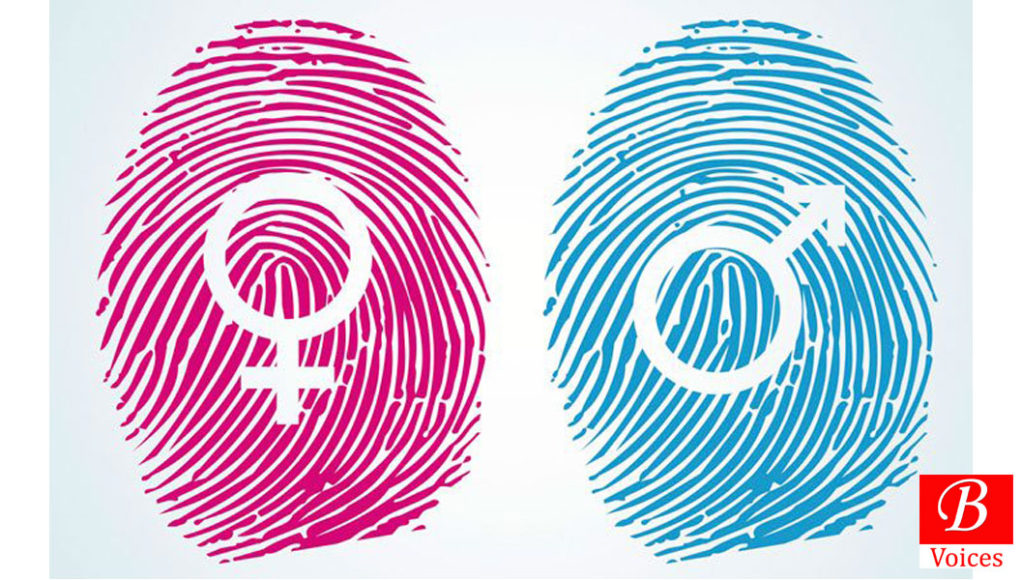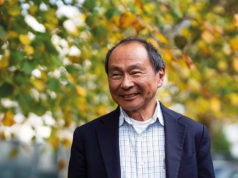 Salal Ameen
Salal Ameen
The term ‘gender mainstreaming’ was phrased in United Nations World Conference on women in Beijing in 1995. This term takes a holistic view to be defined in-depth, but with a gloomy view one could define it as: to bring perceptions, experiences, knowledge and interests of woman, transgender as well as of man to the domain of policymaking.
Empowering woman and promoting gender equality are important to accelerate sustainable development. Eliminating all sorts of gender discrimination is not only a basic human right, but also does have a terrifically far beyond effect on all other development areas more than the usual magnitude.
To put a control on all forms of violence against genders (mostly transgender and woman) shunning the outdated norms, which are almost religiously followed, is absolutely indispensable. It was in this backdrop that nations of the world at the United Nations General Assembly adopted the Convention of Elimination of All forms of discrimination against women on 18 December 1979. Pakistan, being a signatory to the convention, pledged to ensure gender equality across all sections of society.
But it is unfortunate that no concerted actions to fulfill this promise were taken and the situation has resulted in country’s persistently low global ranking. Global Gender Gap, in its annual report, published by World Economic Forum 2016 ranked Pakistan at 143 among 144 countries. Pakistan was declared second-worst in the world for gender disparity for the second consecutive year.
This poor ranking manifests a bleak picture of the efforts made by government for the empowerment of those considered weak due to gender inequality. Likewise, in South Asia, Pakistan remained the worst performer; India got 87th position, Sri Lanka 100th, Nepal 110th, Maldives 115th and Bhutan 121st.
However, Gender Disparity is not something prevalent among uneducated or rural class it has gone too far among highly-educated and urban class. Media, with a high prestige are thought to be fourth pillar of a democratic set-up supposed to give a voice to almost unheard and unseen tiers of society, have been indirectly widening discrimination.
An overwhelming majority of media houses prioritizes male anchors or news broadcasters because of a general perception prevalent in our society that men are savvier than female and have more to deliver, in form of skills and talent. Women, therefore, are given passive roles.
Women are considered more reliable for advertisements of household products by media houses than allowing them to participate in talk shows—though there are women who host talk shows but they are counted on fingers—to analyze political scenario. Hence, the stereotypes attached to women in media, electronic or print, seem to further spread the tentacles of patriarchal mindset that has already brought us to a point where women are considered inferior, less competitive and considered fit for specific roles only.
Further, one of the most vulnerable and marginalized communities in Pakistan is transgender community.
Reportedly, 90% of transgender does not possess CNICs. In 2009 Supreme Court ruled out that separate column should be added in CNICs for them. Later on NADRA announced inclusion of column but this community is still debarred from obtaining CNICs. They are required to submit birth certificates and other documentation, which most of them don’t possess due to disgrace their families feel on their birth.
They are looked at as laughing stock and mockery is inflicted on them in public places. They are banned to enter mosques and other religious places; all one has to say is that they are treated even worse than animals.
To achieve greater equality among genders, it needs changes at many levels including changes in attitudes and relationships, changes in institutions and legal frameworks, changes in economic institutions and changes in political decision-making structures. Without these changes, the plight of women and transgender cannot be mitigated and they will be suffering, like ever, unheard and unseen.
Sustainable development is possible only when gender disparities are identified and addressed. Priority must be given to gender mainstreaming as an important means of attaining gender equality. Last but not least man has to realize his responsibilities as a guardian. Man must ensure to be a guardian, a trustee, a protector, a provider and a maintainer and nothing more and nothing less than that.
Disclaimer: Views expressed in this article are those of the author and Balochistan Voices not necessarily agrees with them.
Share your comments!








